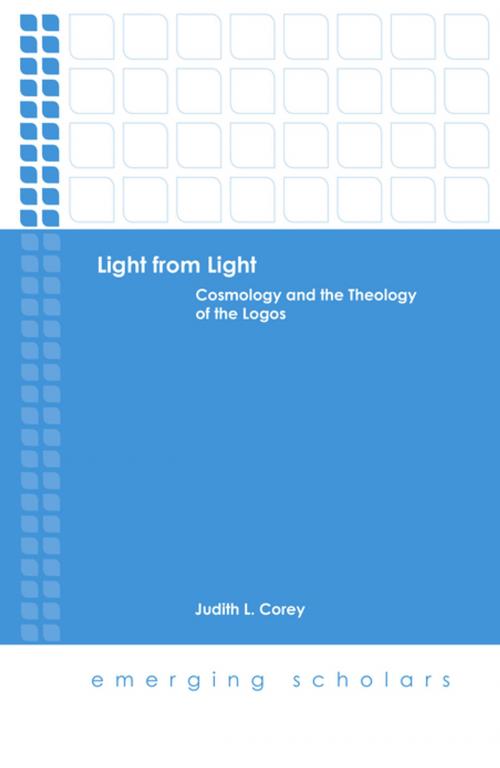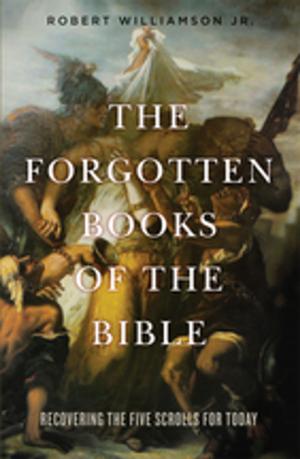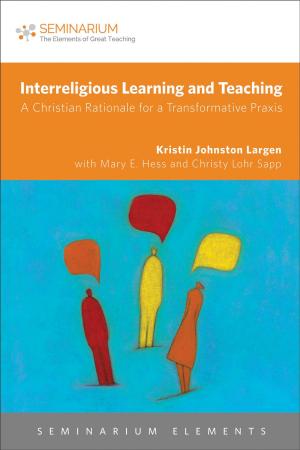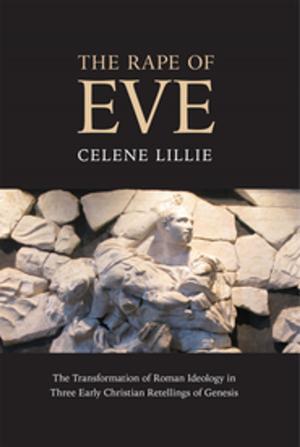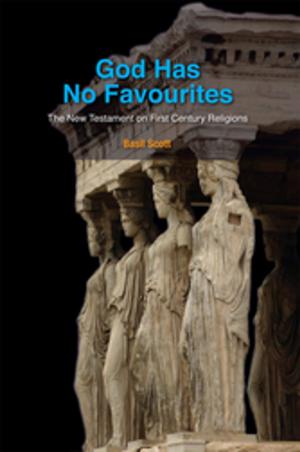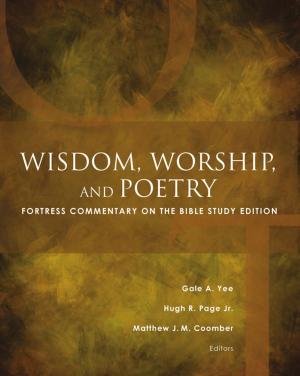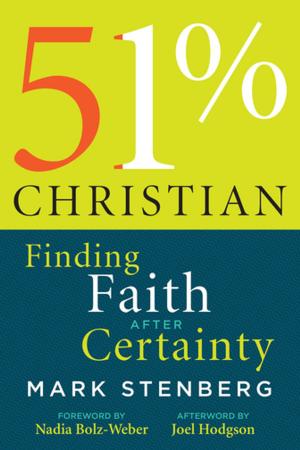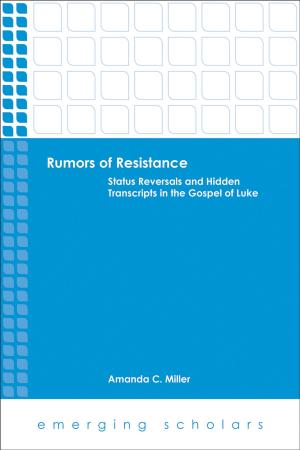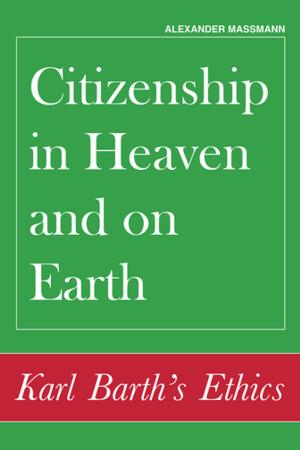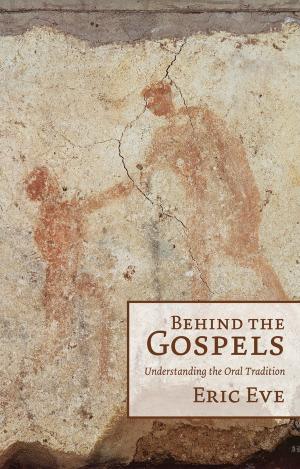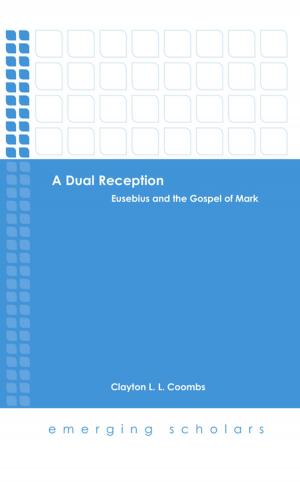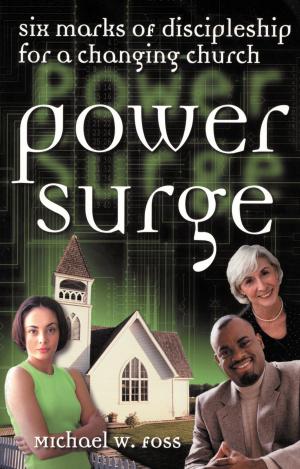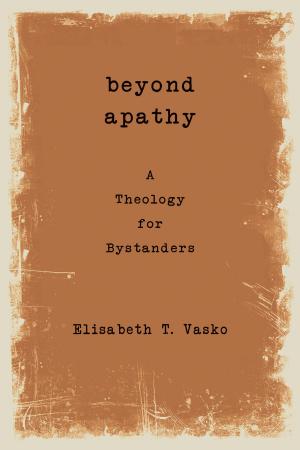Light from Light
Cosmology and the Theology of the Logos
Nonfiction, Religion & Spirituality, Theology, Christianity| Author: | Judith L. Corey | ISBN: | 9781506419008 |
| Publisher: | Fortress Press | Publication: | December 1, 2016 |
| Imprint: | Fortress Press | Language: | English |
| Author: | Judith L. Corey |
| ISBN: | 9781506419008 |
| Publisher: | Fortress Press |
| Publication: | December 1, 2016 |
| Imprint: | Fortress Press |
| Language: | English |
Cosmology and theology share a long held relationship with one another, explaining as they do the constitution of the world and the interaction of forces. The author explores the history of this relationship, from ancient pre-scientific and theological explanations through to contemporary science and philosophy. In this history, a particular problem is highlighted by the author: the prevalence of dualism; from Aristotelian philosophy to modern mechanistic conceptions, many of these accounts presume a sharp, absolute dichotomy between matter and spirit, and the material world and the divine. Increasingly, dualistic conceptions are called into question by contemporary science, theology, and philosophy. The author argues that a particular trajectory stemming from Greek Heraclitian and Platonic philosophy to non-orthodox and early Christian theologies provides a fruitful resource for contemporary discussions. This is the Logos theology and its attendant language of light. The author brings this tradition into dialogue with contemporary science and theology to construct an integrative account.
Cosmology and theology share a long held relationship with one another, explaining as they do the constitution of the world and the interaction of forces. The author explores the history of this relationship, from ancient pre-scientific and theological explanations through to contemporary science and philosophy. In this history, a particular problem is highlighted by the author: the prevalence of dualism; from Aristotelian philosophy to modern mechanistic conceptions, many of these accounts presume a sharp, absolute dichotomy between matter and spirit, and the material world and the divine. Increasingly, dualistic conceptions are called into question by contemporary science, theology, and philosophy. The author argues that a particular trajectory stemming from Greek Heraclitian and Platonic philosophy to non-orthodox and early Christian theologies provides a fruitful resource for contemporary discussions. This is the Logos theology and its attendant language of light. The author brings this tradition into dialogue with contemporary science and theology to construct an integrative account.
